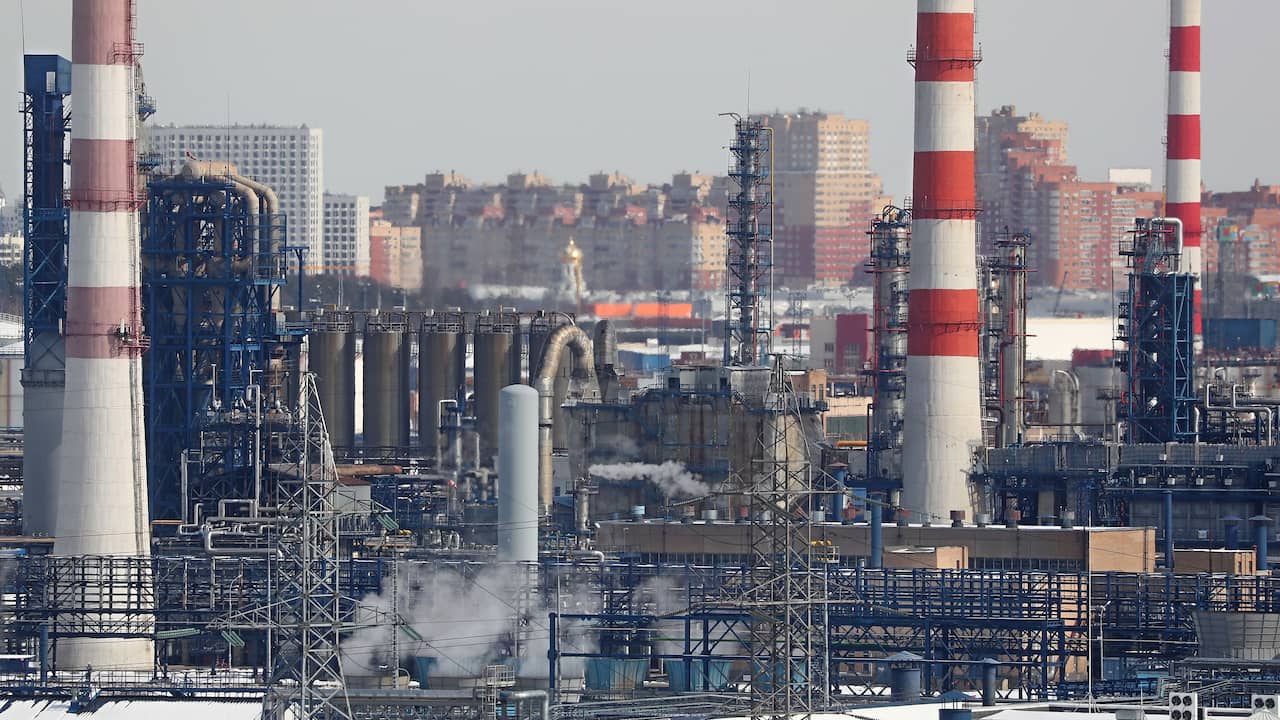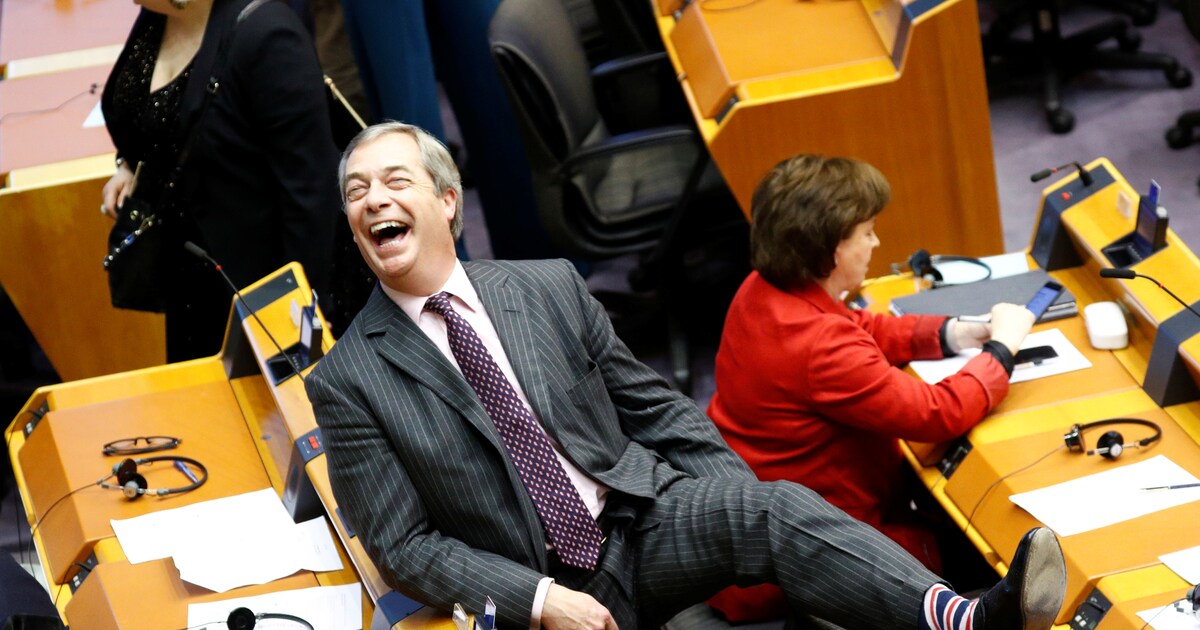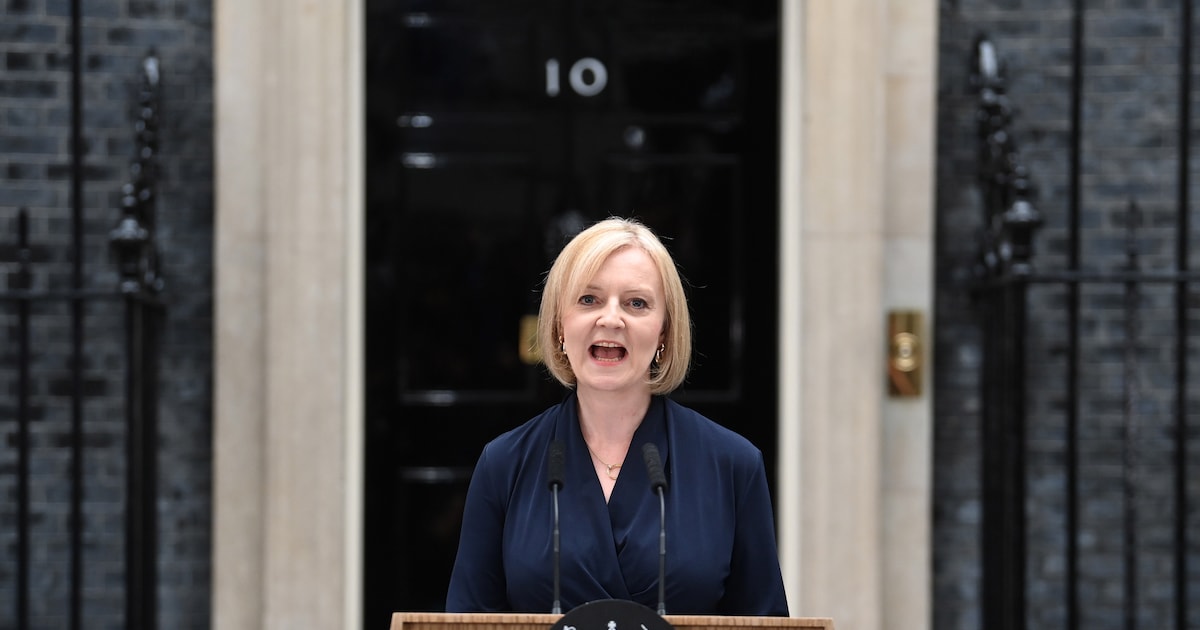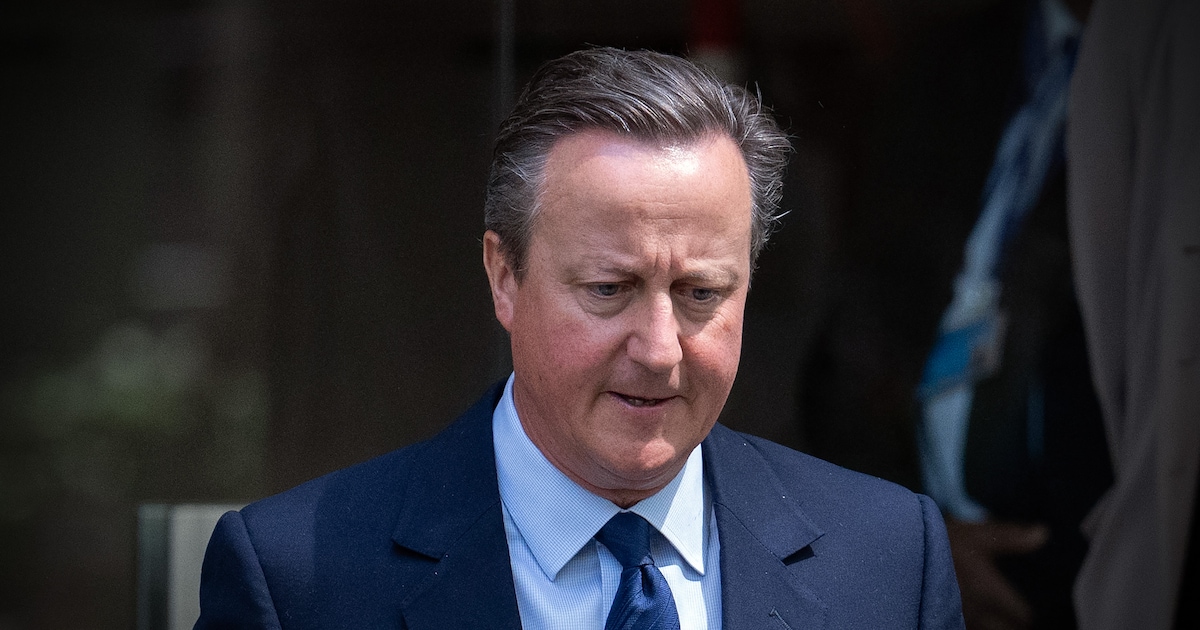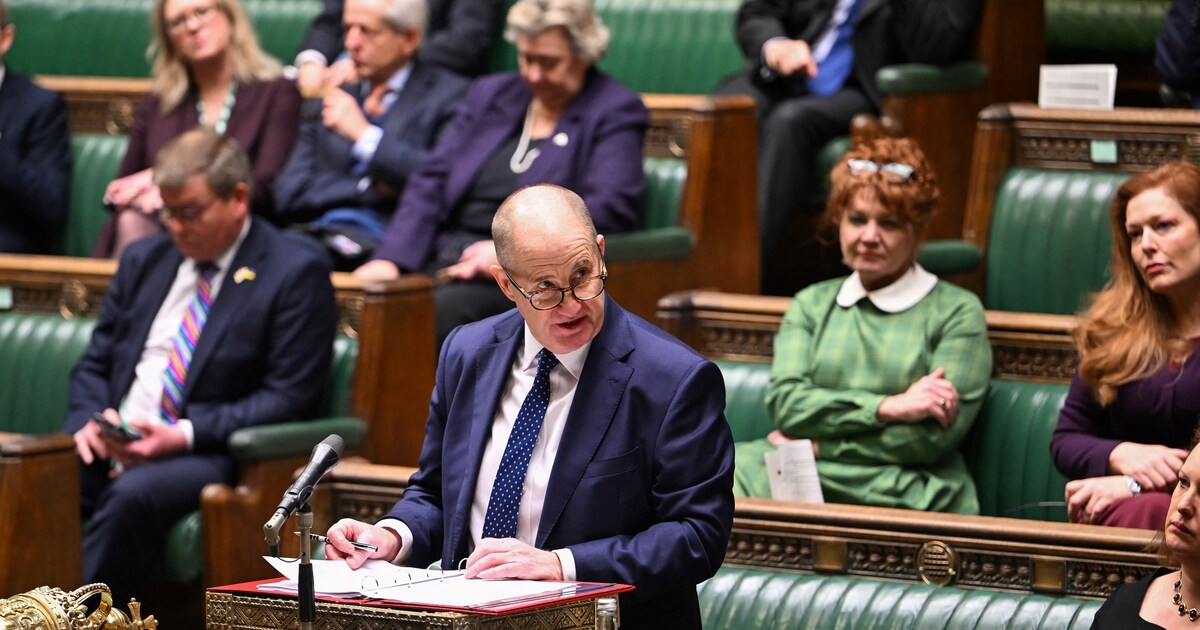Due to high gas prices, energy companies in the UK have to pay an additional quarter tax on their profits from the next twelve months, on top of the 40 percent they already paid. The European Commission has hinted at such a plan several times, but experts point to a number of flaws.
How does such a tax work?
In the UK it worked like this: all the energy companies operating there paid 25 per cent more tax on their profits than they do today. Now 40 per cent of the profits go to the UK treasury.
The measure is in any case already in effect for the next twelve months, after which the tax will be adjusted according to the increase or decrease in energy prices at that time. Lower taxes if profits are reinvested in the UK.
It’s unclear what the European Commission’s plans will look like, but it will probably be set up in a similar way when it comes to fruition.
Will this make energy cheaper?
If energy prices go down soon, it won’t be because of this tax. “In fact, costs are rising, so it’s possible that companies will pass this on to their customers,” said Machiel Mulder, professor of energy economics at the University of Groningen. However, there is no need to be too afraid, because today’s energy prices are determined more by geopolitical tensions.
“The problem is that as a result, companies invest less and therefore produce less. That of course pushes prices up,” Mulder said.
Martien Visser, an energy expert at Hanze University of Applied Sciences, feels this way. “It depends on the duration of the tax as such. Given that it appears to be temporary in the UK it won’t be too much of a problem as after a year it will probably go down again and be business as usual.”
If prices don’t come down, why are taxes introduced?
The government wants to better redistribute it this way. Energy companies getting rich while their customers can no longer pay their bills are socially hard to justify. The government launched this plan to reduce the imbalance.
There is also an added advantage: the government raises more money and can therefore reduce energy taxes for households and may take other steps to curb high inflation.
Will Dutch companies soon have to pay such taxes?
The government is not on his side. Minister Rob Jetten (Climate) said he understood the reasons behind it, but saw a number of obstacles. The main argument is that Dutch energy companies are currently “not making excessive profits” and there are no measurable criteria for determining the levy.
That was also Visser’s consideration. “There is no clear definition of excess profit. So it’s just a political decision. Energy companies need relatively high returns to be able to reinvest them, but since when did you decide they were making too much profit?”, he wondered.

“Hipster-friendly creator. Music guru. Proud student. Bacon buff. Avid web lover. Social media specialist. Gamer.”

